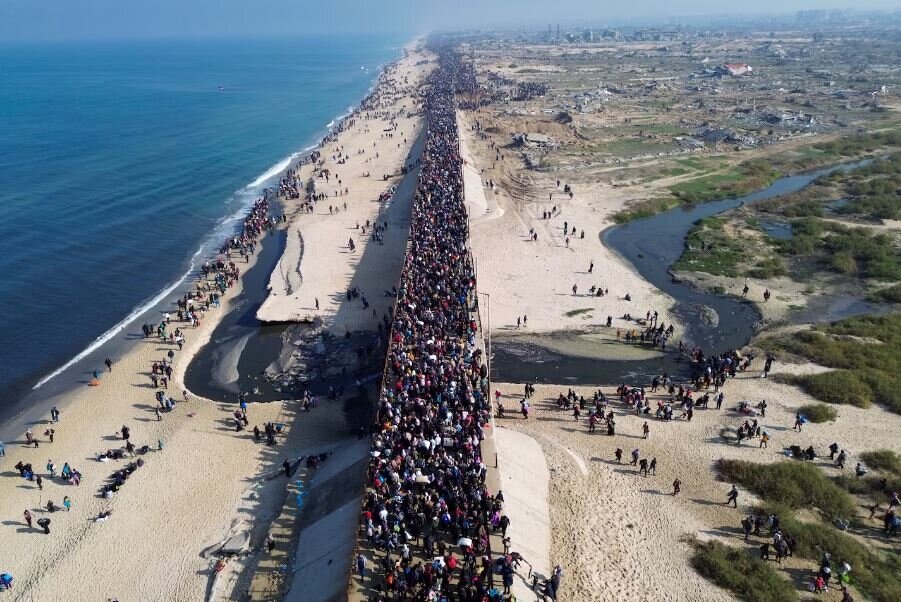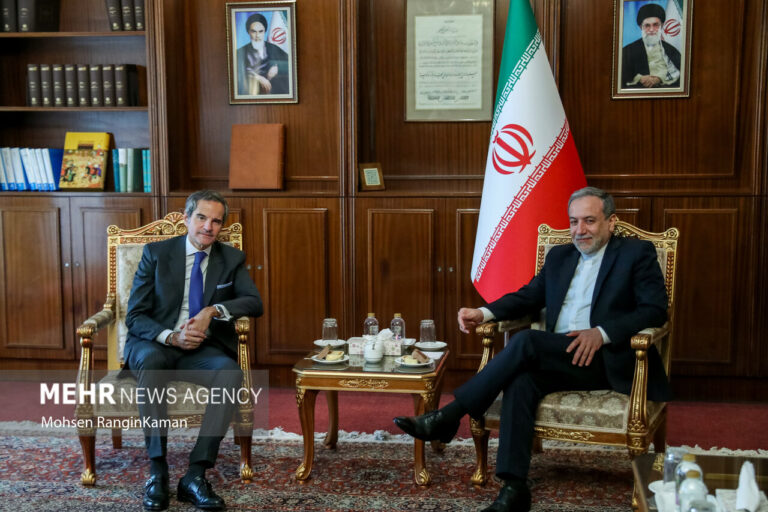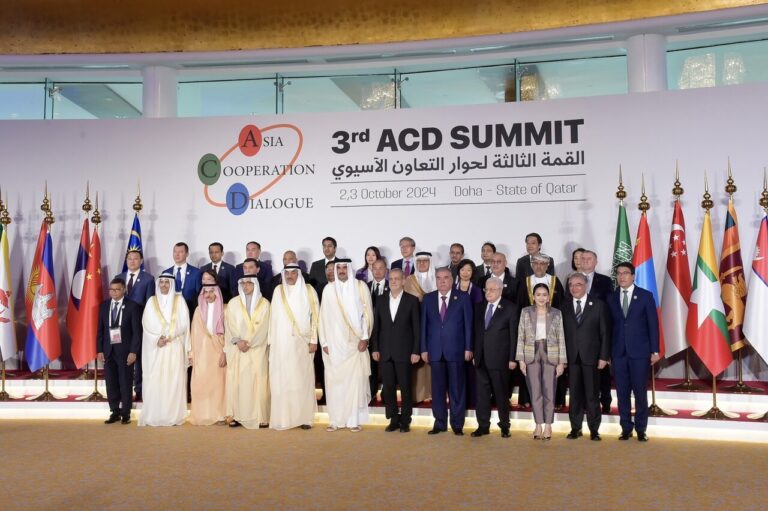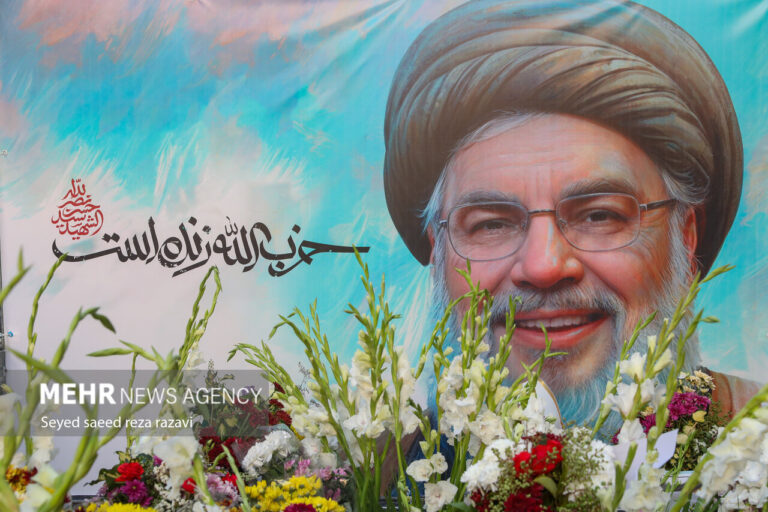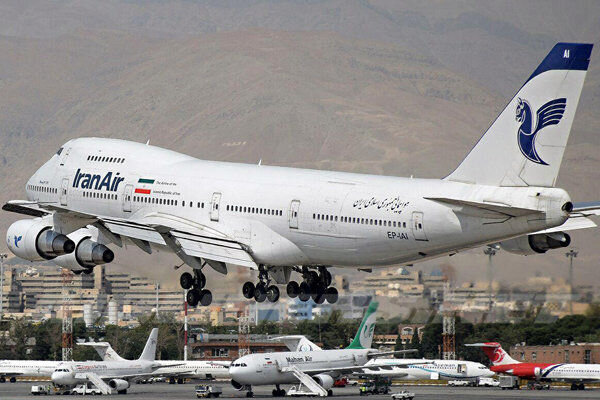Arab Leaders Unite to Challenge Trump’s Controversial Gaza Plan
In a significant diplomatic move, leaders from the Arab states of the Persian Gulf, alongside representatives from Egypt and Jordan, are set to convene at the behest of Saudi Crown Prince Mohammed bin Salman. This gathering aims to formulate a cohesive response to President Trump’s controversial proposal regarding the Gaza Strip. According to the Saudi state news agency, SPA, this meeting underscores the “close brotherly relations” among these nations and highlights the urgency of addressing the situation.
The upcoming discussions are anticipated to center around an Egyptian initiative that has been put forward in light of recent tensions. The talks will provide a platform for leaders to evaluate the implications of Trump’s plan and strategize a unified approach.
During a meeting on February 11 with President Trump in Washington, Jordan’s King Abdullah II indicated that Egypt would present a comprehensive plan concerning the situation in Gaza. This statement reflects the collaborative efforts among these Arab nations to tackle the pressing issue of Palestinian displacement.
Trump’s recent remarks have sparked considerable controversy, as he suggested that the United States should “take ownership” of the Gaza Strip. This proposition includes the displacement of over 2 million Palestinian inhabitants, with implications for neighboring countries like Jordan and Egypt to accommodate these individuals. The proposal has generated widespread outrage across the Muslim world and has raised numerous concerns globally about its feasibility and humanitarian impact.
Key Points from Trump’s Proposal
- Ownership of Gaza: Trump suggests the U.S. should assume control over the Gaza Strip.
- Displacement of Palestinians: The proposal includes displacing more than 2 million Palestinians.
- Involvement of Neighboring Countries: Jordan and Egypt are expected to take in the displaced population.
- Outrage and Criticism: The plan has faced backlash from various global and Muslim communities.
The response from Arab leaders will be critical in shaping the future of the Gaza Strip and addressing the humanitarian needs of the Palestinian people. The meeting, prompted by Crown Prince Mohammed bin Salman, is expected to articulate a unified stance against the implications of Trump’s proposal.
In previous discussions, both Jordan and Egypt have expressed their commitment to the Palestinian cause, emphasizing the importance of a two-state solution and the need for a peaceful resolution. Their involvement in the upcoming talks is crucial as they hold significant influence in the region.
Regional Reactions to the Proposal
The proposal has not only drawn ire from the Palestinian leadership but also from various international organizations and countries that advocate for human rights. The notion of forcibly relocating a population is viewed as a violation of international laws and norms.
Moreover, the historical context of the Palestinian plight and the ongoing conflict in the region adds layers of complexity to the situation. With decades of tension and unrest, the idea of displacing communities is particularly sensitive and contentious.
What Lies Ahead?
As the leaders prepare for their meeting, the world watches closely to see how they will navigate this challenging landscape. The outcomes of these discussions could have far-reaching implications not only for the Palestinian territories but also for the geopolitical dynamics of the Middle East.
It is essential for the involved nations to prioritize humanitarian considerations and advocate for peaceful solutions that respect the rights and dignity of all individuals affected by this crisis. The forthcoming discussions present an opportunity to reaffirm their commitment to a just resolution that honors the aspirations of the Palestinian people.
In conclusion, as the Arab leaders gather to address Trump’s contentious proposal, their actions will be pivotal in determining the future trajectory of the Gaza Strip and the broader region. The focus on collaboration and diplomacy will be crucial in fostering stability and peace amidst ongoing tensions.
